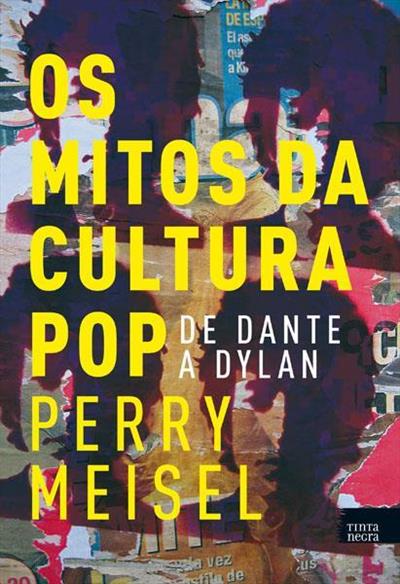I may be weary of object-lessons at gigs, but a prime bluesman like Otis Rush must get even wearier. At 45, Rush, like Albert Collins, has the usual underground reputation, and the hassled history of lame recording deals and poor management to go with it. At Tramps September 20, he also had a pick-up band from Boston with a hyperactive second guitarist who cluttered up the spaces that normally cradle his sound and let it radiate.
Seven or eight years ago, Rush had the most relaxed back-up I'd ever seen (old guy on tenor played three notes so sweet you couldn't help the tears), maybe my very first lesson in the apollonian restraint the blues requires of sidemen no less than stars. Without the minimalist discretion of those "primitives," Rush's chewy guitar (and raspy/elastic voice) would've been trivialized. Even last year at the crowded Lone Star, Rush hurdled and whispered by turns with whatever band it was, pumping silence as well as steel.
Rush's current back-ups, Sugar Ray and the Bluetones from Boston (where else?) are actually a pretty strong shuffle unit in their own (far rockier) way thanks to a rhythm section that includes the late Hound Dog Taylor's former drummer. Even guitarist Ron Horvath pulled a dazzler or two on the openers. But once Rush hit the stage, Horvath's almost constant chord wash left Otis nothing to listen against when he took his meditative pauses phrase to phrase. Least impeded on his celebrated "All Your Love," on stauncher shuffles he hopped intervals in unexpected (for him characteristic) combinations, though the superadded inflections sometimes got lost in the band's muddy dynamics. Otis: Please leave second guitarist home next time.
Originally published in The Village Voice, October 1, 1979



